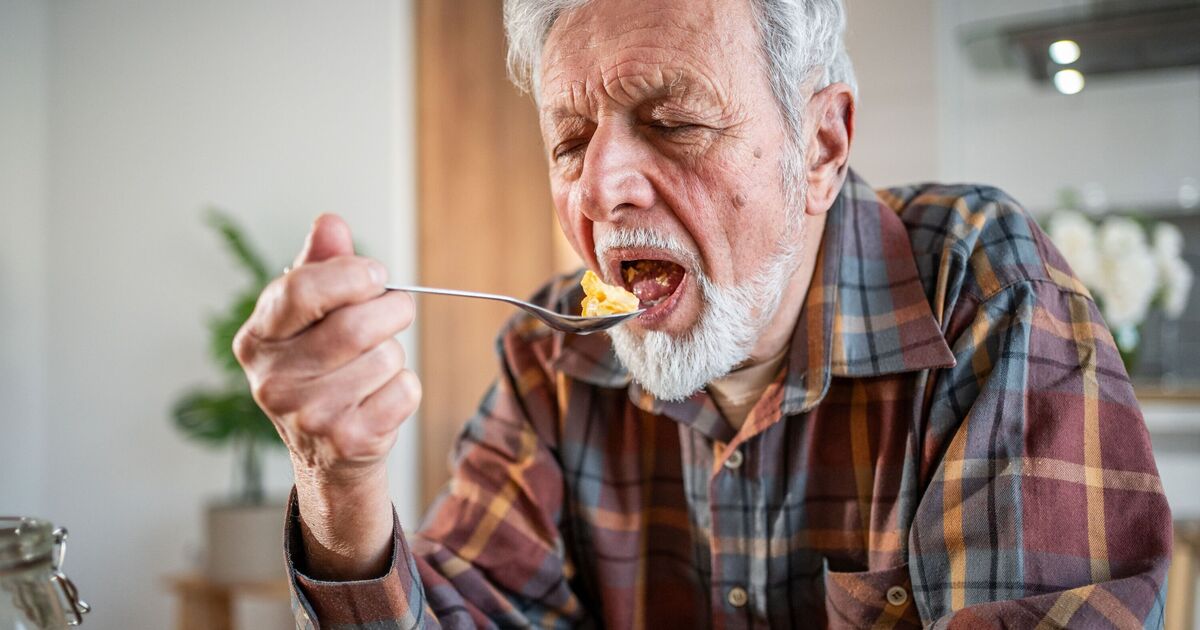Pensioners have been warned not to regularly eat meals alone, as new research has linked solo dining to poor nutrition and health. Scientists have discovered that eating alone often results in a reduced intake of key food groups, leading to an increased risk of weight loss. Findings from researchers at Flinders University in Australia have highlighted the importance of community groups, such as neighbourhood meal dining programmes.
Their findings come from 20 studies which look into the relationship between eating alone and health among adults aged 65 and older. Caitlin Wyman, author and doctoral candidate at the university’s Caring Futures Institute, said: “Food is more than the nutritional benefit it provides. Sharing a meal is an important social activity that can influence appetite, dietary variety, and overall well-being.
“We knew from previous research that feelings of loneliness and social isolation can contribute to reduced food intake, but we had yet to explore the nutritional and physical outcomes of older adults eating alone versus with others.”
According to data from 12 different countries, investigating the link between solo dining and 80,000 pensioners, eating alone was linked to poorer food choices.
Some of the studies also found that eating by yourself was often associated with weight loss and an increased risk of frailty due to the lack of protein-rich foods which help to build muscle.
Ms Wyman told The Telegraph: “We know that ageing brings physiological changes such as reduced hunger cues and altered taste, but our findings suggest that social factors are equally important.
“Eating together fosters connection, enjoyment and nourishment.
“Encouraging opportunities for shared meals, whether that’s with family, friends, or community programmes, could help improve food intake, nutritional status and quality of life for older adults living at home.”
The study’s co-author, Dr Alison Yaxley, added that their findings show the importance of integrating social and nutritional screening into healthcare practices.
She said: “Simple questions about mealtime habits could help identify people at higher nutritional risk.
“By recognising the link between social isolation and nutrition, health professionals can connect older adults with community meal programmes or social dining opportunities that have the potential to make a real difference.”
